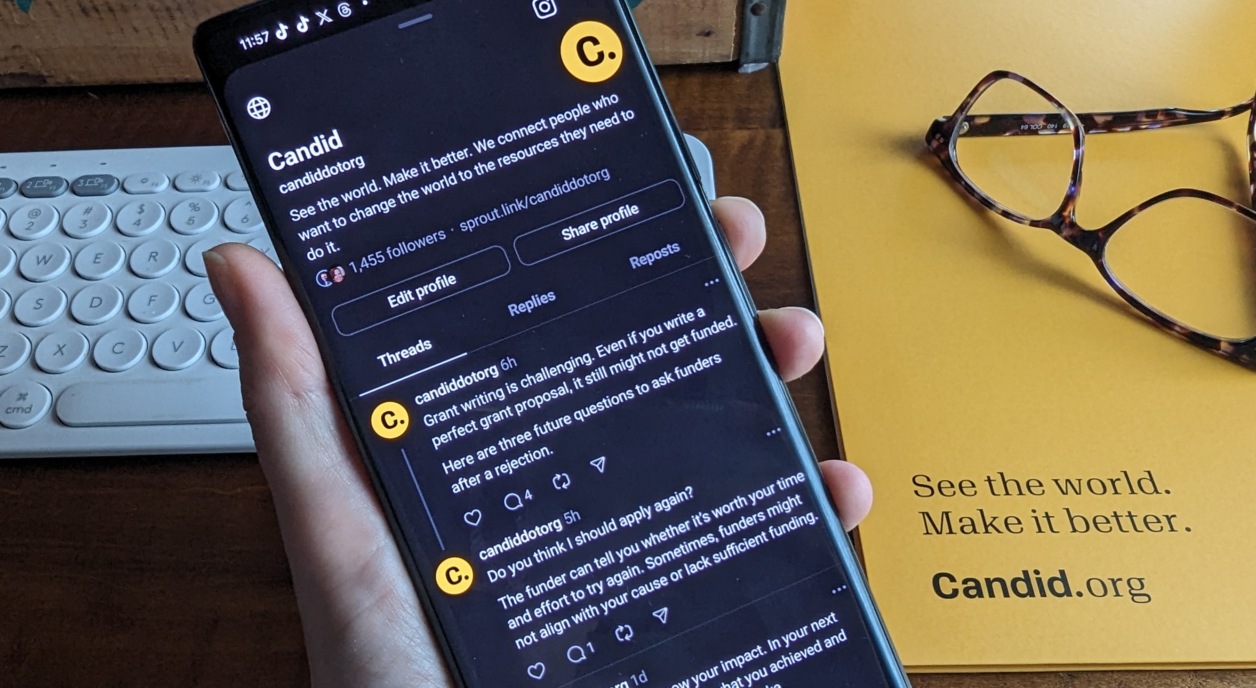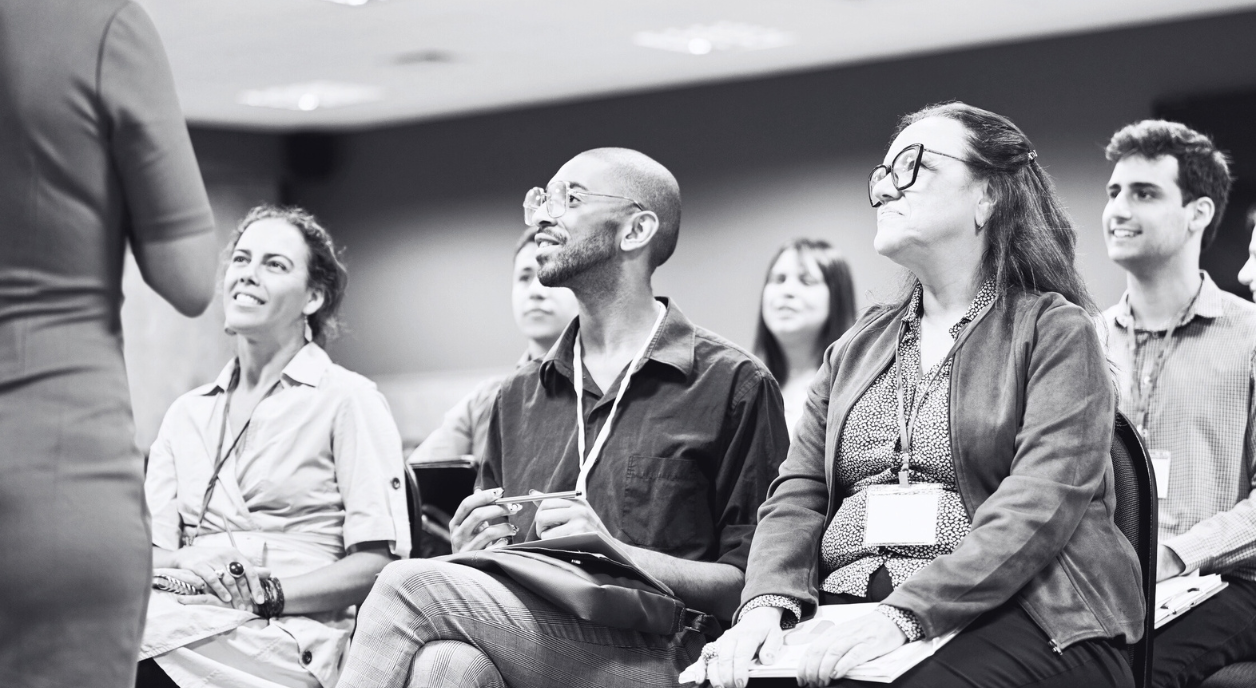What’s love got to do with it? Everything.

Last month, I was honored to attend a capacity building day for participants in the Latino Community Foundation’s Latino Nonprofit Accelerator. The foundation articulates that its work—and the accelerator program itself—is guided by love. “We’ve always had love at the center of our theory of change for the Latino Nonprofit Accelerator. At LCF, we are showing the world that philanthropy is really about love, not money,” shared Masha Chernyak, vice president of programs, as she opened the day.
The day was structured around helping the cohort organizations hone their pitch to funders before a pitch day being held in April. Juan Carlos Velten opened with a presentation on making a good pitch. I particularly valued his reminder that staff and founders in particular are challenged by their appreciation for every detail of nuanced approaches to tackling problems. The best pitches, he shared, break down the complexity to the core of your solution, and to why your organization does it particularly well. Love the solution you’re advancing to make a problem in your community better.
My role was then activated: I was there as a mentor to work directly with one of the organizations (TODEC, doing fantastic work in the immigrant communities in California’s Riverside, San Bernardino, and Imperial counties). Mentors ranged from community and nonprofit leaders to funders and journalists and CSR experts. In many sounding board situations, people don’t always tell you what they think because they want to be generally supportive. But love, we were reminded, means giving direct, useful feedback. Taking the time to really reflect and care is love.
Before lunch, the nine organizations pitched the foundation staff, mentors, and each other. There was joy, there were tears, there was self-actualized power. It illuminated the power of a cohort-based capacity-building model, where everyone was on a growth journey together, creating a space safe enough to be vulnerable. As one participant put it, “It’s been amazing to feel comfortable enough to say, ‘I’m terrified!’” Love is being supported by a group who is unconditionally rooting for you and learning alongside you.
In the afternoon, funders from visible foundations joined us to participate in an open conversation about leadership, fundraising, building movements and acting in solidarity, and humanity. There was specific conversation around the importance of investing in Latinx communities, which this accelerator is a profound example of. Love is taking the time to be transparent and present with one another, and love is investing in leaders of color and grassroots work to pursue change.
Before the day closed, there was a period of reflection. I always appreciate when gatherings build in time to reflect together, because learning experiences and together time require a very different type of energy than most peoples’ day-to-day work, and it can feel, even for an extrovert, complicated. It’s possible to feel energized and depleted in the same moment. Love is holding space for our emotional state and celebrating work put in together.
Earlier in the day, Pastor Trena, a past accelerator participant, suggested spending a minute before any big meeting or pitch pepping yourself up, sharing that the energy will translate. Love is the love you give yourself.
I’ve been noticing that love is increasingly a stated value of a range of changemaking organizations, and I’m finding great value and depth in seeing all of the ways it manifests. I was expecting to learn a lot from the experience, both from the organizations themselves and from the program model in action, but I also got something else. Because love was so fiercely held in the room, I also found another “philanthrofamily.” It didn’t matter that I was one of the few white people in the room, or that California is not my home, or that I didn’t offer a funding opportunity; there was deep connection and understanding that we all showed up together in mutual support. I wonder: what would happen if we all showed up to our work with more love?







Makiyah Moody says:
Reminds me of your question at Equity in the Center's convening. Glad you're still pondering it and sharing evolving insights.